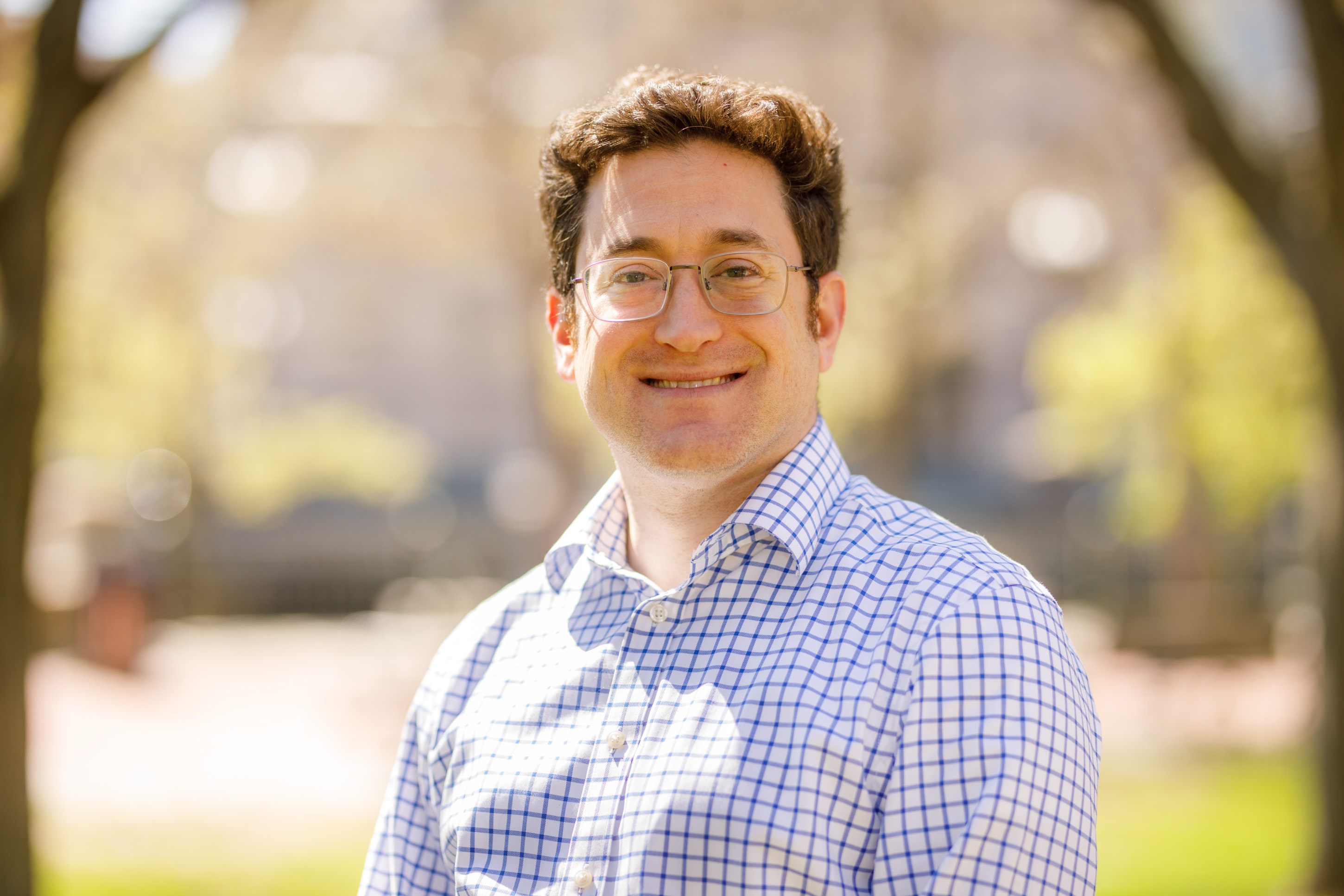Primary care physicians at the Boston-based health system have voted overwhelmingly to join a national union.
One of the organizers of a primary care physician union at Mass General Brigham (MGB) is hailing the recent vote to form the union as a resounding success.
PCPs at MGB have been seeking to form a union for a year. MGB challenged the unionization effort at the National Labor Relations Board (NLRB) on the basis that many of the doctors did not belong in the same bargaining unit. The NLRB rejected MGB's challenge in April, but the health system is continuing to push the point with the federal agency.
On May 30, the PCPs voted 183-26 to join Doctors Council SEIU, the country’s oldest and largest union of attending physicians.
Michael Barnett, MD, a primary care physician at Brigham and Women's Advanced Primary Care Associates and a member of the PCP union's organizing committee, says the vote represents overwhelming support for the union.
"We had 209 ballots submitted for 237 eligible PCPs. So, our turnout was 88%," Barnett says. "The turnout was high, and those who voted support what we are doing."
MGB commented on the union vote in a prepared statement.
"Mass General Brigham respects the rights of employees to organize under the National Labor Relations Act, and we are committed to ensuring that any such process complies with applicable labor law," the statement says. "Prior to this vote, we formally requested the National Labor Relations Board to review whether the composition of the proposed bargaining unit is appropriate under the law for acute care hospitals, and we await their decision."
The prepared statement says the health system is committed to providing primary care services.
"We deeply value our physicians and have been working since fall of 2023 to improve the primary care experience based on direct physician feedback," the statement says. "Our ongoing investment in primary care reflects this long-term commitment to improving the experience of both our physicians and the patients they serve."

Michael Barnett, MD, is a primary care physician at Brigham and Women's Advanced Primary Care Associates. Photo courtesy of Michael Barnett.
Why PCPs want to have a union
There are several reasons why most PCPs at MGB support forming a union, according to Barnett.
"Most importantly, we want to make sure that primary care has a seat at the table for leadership decisions," Barnett says. "Part of what has led us to this point is a feeling of disempowerment and an inability to have a say in how investments or lack of investments in primary care are directed."
Barnett cited many other reasons for PCP support of the unionization effort.
- Concern over understaffing and high staff turnover
- A belief that PCP patient panel sizes are unrealistic
- A desire to align benefits and compensation with national standards, particularly given the high cost of living in the Boston area
- MGB has cut benefits for employees who work less than half time, which disproportionately affects PCPs
- The absence of a structured system for PCP coverage when doctors go on leave such as parental leave, which requires the remaining doctors to pick up more patient visits without a corresponding increase in compensation
- MGB has discontinued services that helped support primary care practices and their patients such as programs that helped patients manage their blood pressure and cholesterol remotely as well as a smoking cessation program
The PCPs are also wary of a pledge from MGB to invest $400 million in primary care, Barnett explains.
"MGB has made this unforced pledge of putting $400 million into primary care over the next five years," Barnett says. "We want to have input into how that money is spent, and we want to hold MGB accountable for making sure the health system is spending money in ways that improve the lives of our physicians and patients as well as improve our clinics."
State of labor relations among the PCPs
PCPs are discouraged that MGB has shown resistance to their unionization effort, according to Barnett.
"It is particularly disappointing now that we have had an election, and we have a resounding mandate, with nearly nine of 10 of our colleagues supporting the union," Barnett says. "MGB is still sticking to the narrative that they need to define our bargaining unit legally, which is taking advantage of an anachronistic technicality."
Many MGB physicians feel that the health system's leadership is moving in the wrong direction, Barnett explains.
"PCPs as well as many other doctors in the health system are skeptical that we are moving in a direction that is in the best interest of patients or doctors in the health system," Barnett says. "They have lost our trust. Because they are not responding to us and they have lost our trust, we need to demand a seat at the table and have more control over what happens."
Christopher Cheney is the CMO editor at HealthLeaders.
KEY TAKEAWAYS
Primary care physicians at Mass General Brigham have been seeking to unionize for a year.
The health system has objected to the unionization effort before the National Labor Relations Board.
On May 30, the primary care physicians voted 183-26 to join Doctors Council SEIU, the country’s oldest and largest union of attending physicians.
